Smelly Scalp And Hair: 7 Natural Remedies For Fresh Locks
Say 'hello' to a fresh and healthy scalp with readily available home remedies.
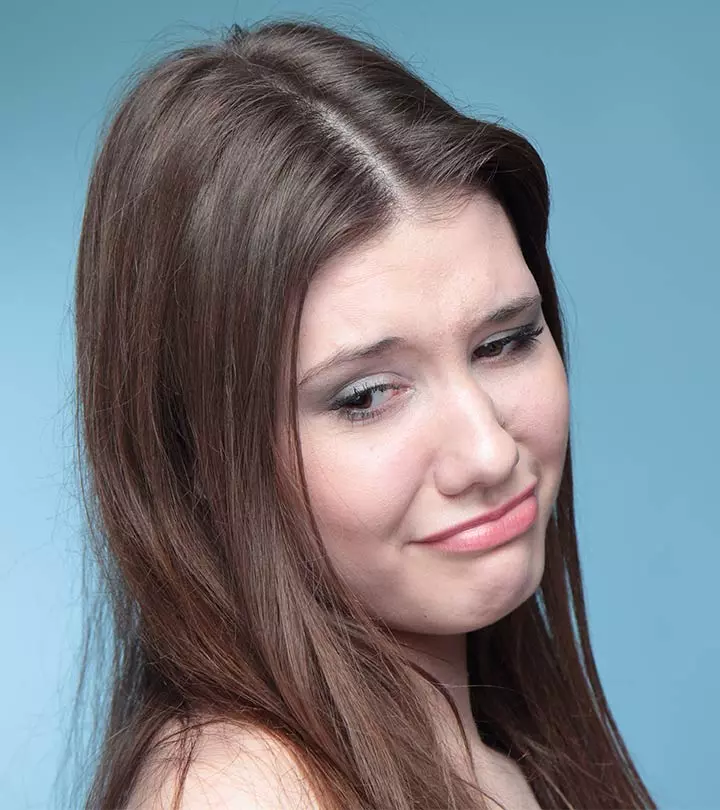
Image: Shutterstock
If you are here looking for ways to get rid of smelly scalp and hair, we got you sorted. Smelly scalp and hair may affect your confidence to mingle socially and affect your image and self-esteem. Moreover, it just takes a few diligent practices and the right products to get your scalp back to its natural health. Proper oiling, cleansing, and conditioning can help keep your scalp clean and hair damage-free.
However, it might not be possible to wash your hair that often. That is when the tips and tricks mentioned below can help you keep smelly hair and scalp at bay! Read on to know more!
In This Article
Why Does My Scalp Smell?
Your scalp can be stinking or smelling weird for various reasons. One reason is that you have an oily scalp. Individuals with oily skin usually have an oily scalp. While scalps that produce too much oil don’t necessarily always smell bad, they do give off a distinct sour smell.
Bad odor from an oily scalp is usually a result of bacterial activities up there. Bacteria are almost always present on your scalp, whether your scalp is oily or not. Excess oil provides these bacteria with the nutrition they require to thrive on and proliferatei The process of cell structures increasing or reproducing rapidly in quick succession. . This can give off a distinct foul odor.
Other factors known to contribute to a smelly scalp are listed below.
Key Takeaways
- Blow-drying your hair frequently can increase sweat and later smells, so allow your hair to air dry.
- You can use home remedies to reduce itchiness and odor from the scalp, such as lemon juice and water mixture rinse.
- Use essential oils while shampooing to control odor in the hair.
- Use mild shampoos and conditioners regularly to maintain fresh and clean hair.
- Frequently wash bed linens and pillowcases to reduce the risk of oils and sweat buildup.
What Causes Smelly Scalp And Hair?
As you are aware, an oily scalp is one of the primary reasons for the smell.
Factors known to make your scalp extra oily are:
- Not washing your hair for some days or poor hygiene
- Hormonal changes
- Medical conditions like seborrheic dermatitisi A common skin condition that mainly affects the scalp or oily areas of skin, leading to scaly, red, or inflamed patches. , psoriasisi A condition triggered by an infection, stress, or cold that causes dry, scaly, itchy patches on the scalp. , dandruff, or allergic contact dermatitis
- Excessive sweating
- Pollution
All these factors can contribute to making your hair and scalp smelly.
Now that we have a fair idea about why freshly shampooed hair starts smelling weird after a couple of days, let us look at some natural hacks to battle this issue and maintain hair cleanliness.
How To Get Rid Of Smelly Scalp And Hair Naturally
- Essential Oils
- Lemon Juice
- Garlic Oil
- Apple Cider Vinegar
- Tomato Juice
- Baking Soda
- Avoid Using Conditioner On The Scalp
Home Remedies To Remove Smell From Hair And Scalp
1. Essential Oils
a. Tea Tree Oil
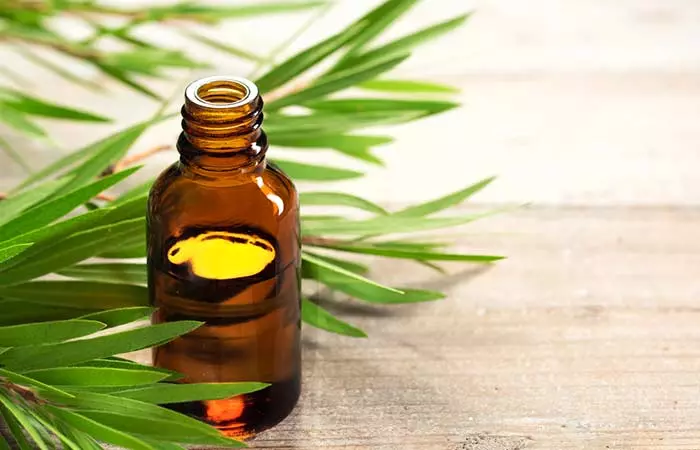
You Will Need
- 6 drops of tea tree oil2
- 1-2 tablespoons of jojoba or sweet almond oil
What You Have To Do
- Mix tea tree oil with jojoba or sweet almond oil in the specified quantities.
- Apply the blend to your scalp and a little to your hair.
- Leave it on for at least 30 minutes before rinsing it off.
How Often You Should Do This
You can do this 1-2 times daily.
Why This Works
The pleasant fragrance of tea tree oil can revive hair freshness, and its antimicrobial properties can help battle the microbes causing the smell (1).
b. Neem Oil
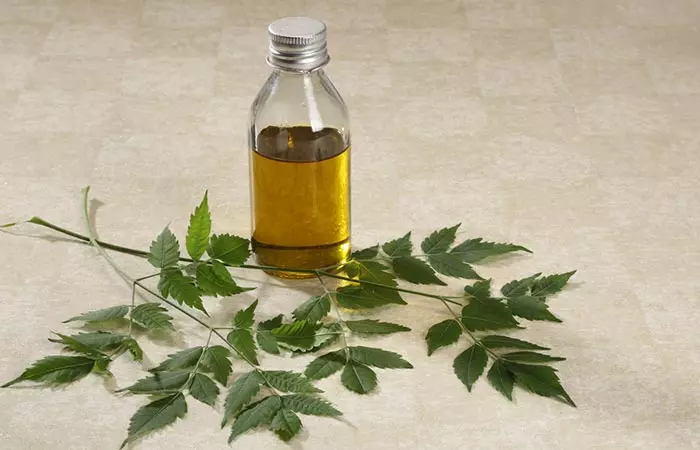
You Will Need
- 5-6 drops of neem oil
- 1-2 tablespoons of any carrier oil
What You Have To Do
- Mix five to six drops of neem oil with one to two tablespoons of any carrier oil.
- Apply the mixture to your scalp and hair.
- Leave it on for at least 30 minutes.
- Rinse it off.
How Often You Should Do This
Do this 1-2 times in a day.
Why This Works
Neem oil is antimicrobial (2). Hence, it can be used to eliminate the constantly replicating microbes that cause your scalp to smell bad. This oil is best used for grooming hair and scalp care.
2. Lemon Juice
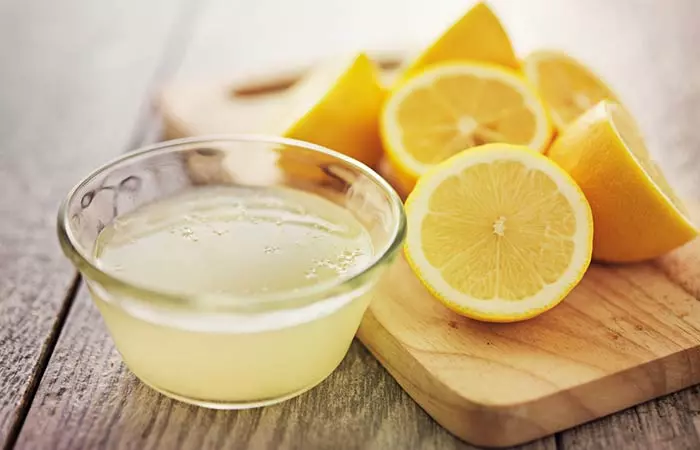
You Will Need
- 2 teaspoons of lemon juice
- 1-2 cups of warm water
What You Have To Do
- Mix two teaspoons of lemon juice with one to two cups of warm water.
- Wash your hair with a mild cleanser.
- Give your hair and scalp a final rinse with the lemon and water mixture.
- Leave it on for a few minutes.
- Rinse your hair thoroughly with plain water.
How Often You Should Do This
Repeat the process twice a week.
Why This Works
The bactericidali Any substance that helps kill bacteria and helps the immune system to clear the infection from the body. effects of lemon may help combat the bacteria that are causing your hair to smell bad
(3). Lemon can also combat dandruff, one of the many causes of a smelly scalp.
3. Garlic Oil
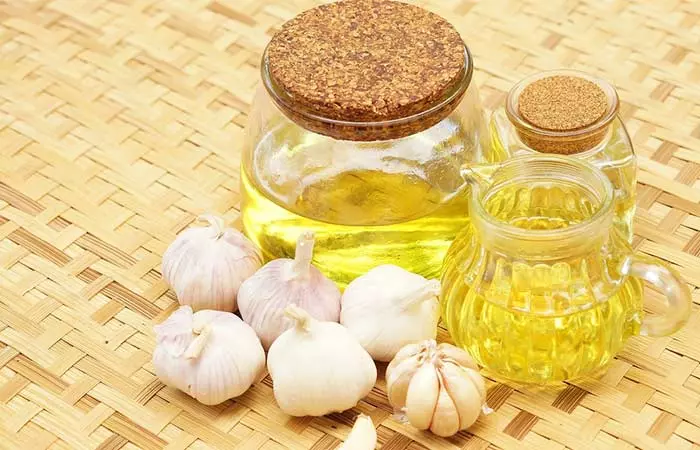
You Will Need
- 4-5 garlic cloves
- 2 tablespoons of coconut oil
What You Have To Do
- Crush the garlic cloves.
- Heat the crushed cloves with two tablespoons of coconut oil for a few minutes.
- Strain the mixture to extract all the oil out of it.
- Apply the mixture to your scalp and a little to your hair.
- Leave it on for at least 30 minutes before rinsing it off with a mild cleanser and water.
How Often You Should Do This
You may do this 1-2 times a week for best results.
Why This Works
The antibacterial and antifungal activities of the sulfur compounds in garlic can fight the bacteria that are causing your scalp to smell bad
(4).
Note: Applying garlic can cause irritation in some cases. Hence, please do a patch test before you apply it.
4. Apple Cider Vinegar
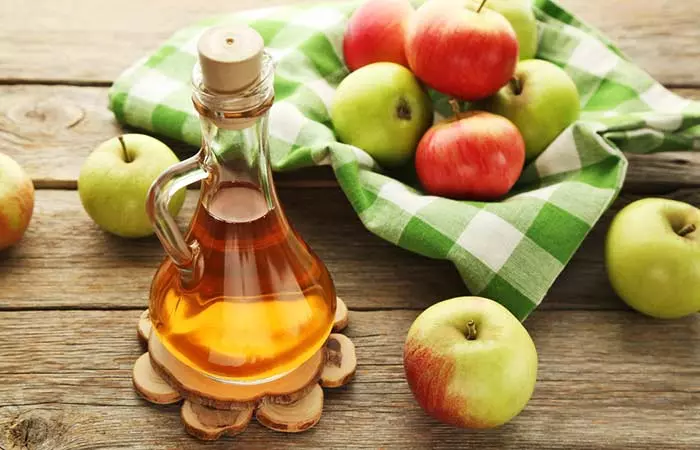
You Will Need
- ½ cup of apple cider vinegar
- 2 cups of water
What You Have To Do
- Mix half a cup of apple cider vinegar with two cups of water.
- Wash your hair with a mild cleanser and use the above mixture for a final rinse.
- Rinse your hair thoroughly with water after this.
How Often You Should Do This
You can do this 1-2 times a week.
Why This Works
The antibacterial nature of apple cider vinegar can help combat the bacteria thriving on your scalp (5).
5. Tomato Juice

You Will Need
1 medium-sized tomato
What You Have To Do
- Squeeze out the pulp from a medium-sized tomato.
- Apply the pulp directly to the scalp.
- Leave it on for 20-30 minutes before rinsing it off with plain water.
How Often You Should Do This
You can do this 1 to 2 times a week.
Why This Works
Tomato pulp exhibits antibacterial properties that can help in getting rid of the odor-causing bacteria on your scalp (6).
6. Baking Soda
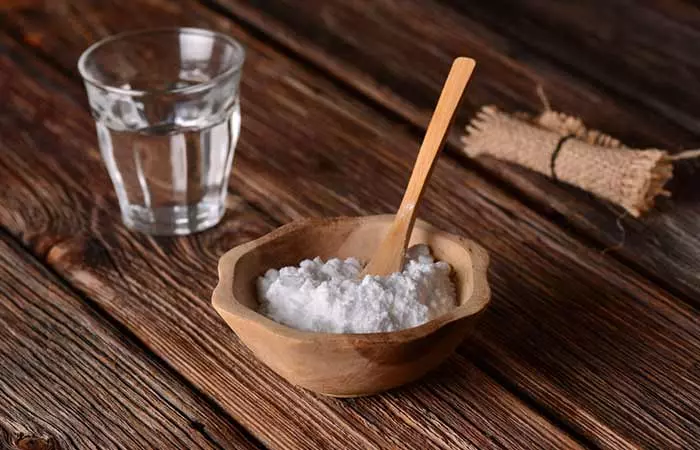
You Will Need
- 1 tablespoon of baking soda
- ½ cup of water
What You Have To Do
- Add a tablespoon of baking soda to half a cup of water and mix well.
- Rinse your hair as usual with a mild cleanser.
- After washing your hair, give it a final rinse with the baking soda solution.
- Rinse thoroughly with water.
How Often You Should Do This
You can do this hair treatment once a week.
Why This Works
Baking soda for hair and scalp cleansing is a good remedy as well. The antibacterial nature of baking soda can help in getting rid of the odor-causing bacteria on your scalp (7). Hence, knowing certain DIY recipes for Baking soda for hair, along with potential side effects, may broaden your perspective about the same, allowing you to reap its benefits.
7. Avoid Using Conditioner On The Scalp
Conditioners are only meant for your hair and not your scalp. Applying conditioner to the scalp can make it even more oily, giving a chance for the odor-causing bacteria on your scalp to multiply.
 Quick Tip
Quick TipIf none of these remedies work, you may have to consult a doctor for a more detailed diagnosis and treatment.
Medical Treatments For Smelly Scalp And Hair
When you visit a doctor for a smelly scalp and hair, they will typically start by asking questions about your symptoms, hygiene habits, and any recent lifestyle or diet changes. The doctor will examine your scalp closely to check for issues like oil buildup, infections, or skin conditions, which can all contribute to odor.
Depending on the cause, they may recommend:
- steroid lotions or creams
- antifungal treatments
- antibacterial products
- medicated foams or gels
These treatments might come as shampoos, lotions, or gels, and your doctor will guide you on how to use them effectively.
In addition to these, you can also follow the tips mentioned below to prevent your scalp and hair from smelling bad.
How To Prevent Smelly Scalp And Hair
- Wash your hair regularly.
- Treat the root cause of the odor, like dandruff (if any).
- If you sweat a lot, wear light clothing.
- Use a mild, fragrant shampoo or even homemade shampoo with natural ingredients like aloe vera and tea tree oil.
- Avoid the temptation to scratch your scalp as it increases the secretion of oil.
- Avoid touching your hair constantly.
- If you spend a lot of time outdoors, wear a scarf or hat to protect your hair from environmental pollution.
A blogger shared her opinion about dealing with smelly scalp and hair in her personal blog. She said, “Everyone may not need to wash his or her hair every seven days. Some ‘light-sweaters’ can get by with washing every 10 days. But I highly recommend doing it once a week. Hair grows from a clean and healthy scalp. If pores and hair follicles are clogged, the situation isn’t helping your hair, nor is it a pleasant experience for all the people around you that have to endure that awful hair smell (i).”
 Quick Tip
Quick TipInfographic: 5 Simple Tips To Get Rid Of Smelly Hair And Scalp
Imagine what could be worse than a bad hair day? A smelly scalp and hair. Ugh, it sucks. The build-up of sweat, oil, and dirt coupled with bacteria on the scalp can make your hair stench. If this sounds like what you have been going through, don’t freak out! Want good-smelling tresses? If yes, then check out the infographic below to know how to get rid of the bad hair odor quickly.
Some thing wrong with infographic shortcode. please verify shortcode syntax
Bacterial buildup on the scalp can cause a foul smell. Factors like inadequate scalp cleansing, exposure to pollutants, excessive sweating, hormonal imbalance leading to excess sebum production, and certain medical conditions may give rise to conditions that are perfect for scalp bacteria to thrive. Remedies for smelly hair and scalp focus on cleaning out the scalp, eliminating the microbial overgrowth, and making the hair smell nice and fresh. Essential oils of tea tree and neem, lemon juice, garlic oil, apple cider vinegar, baking soda, and tomato juice are some ingredients that you may choose from to combat a smelly scalp.
Frequently Asked Questions
Can stress contribute to a smelly scalp?
Yes, stress can contribute to a smelly scalp. When you are stressed, your body releases hormones like cortisol, which can increase oil production in your scalp (8). This might cause a smelly scalp.
Why does my hair smell even after washing?
If your hair ends up smelling a few hours right after washing it, you are most probably suffering from smelly hair syndrome. This syndrome manifests itself in one symptom, which is a terrible odor emanating from your scalp.
What shampoo is good for a smelly scalp?
Shampoos that contain a lot of sulfur can help with a smelly scalp and hair. Sulfur shampoo can help combat bacteria and fungi that contribute to a stinky scalp.
How many times a week should you wash your hair?
If you have an oily scalp, you can wash your hair daily or alternatively with a mild shampoo. Individuals with a healthy scalp can wash their hair twice or thrice a week.
Illustration: How To Get Rid Of Smelly Scalp And Hair
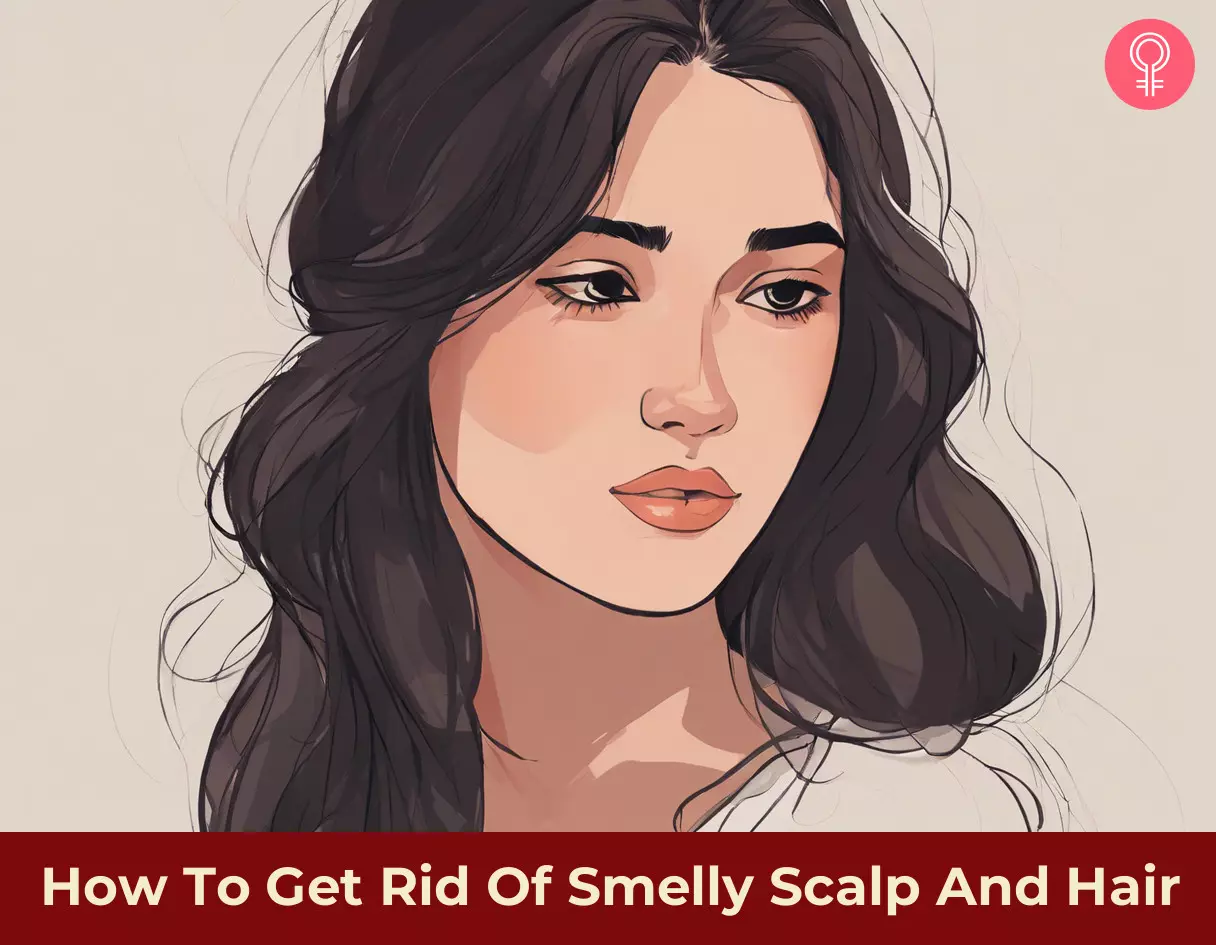
Image: Stable Diffusion/StyleCraze Design Team
Learn how to get rid of smelly hair at home with simple home treatments. Check out this video to learn how to keep your hair smelling fresh.
Personal Experience: Source
StyleCraze's articles are interwoven with authentic personal narratives that provide depth and resonance to our content. Below are the sources of the personal accounts referenced in this article.
i. Smell something sour? It might be your hair.https://naturalhairconsult.wordpress.com/2015/02/24/smell-something-sour-it-might-be-your-hair/
References
Articles on StyleCraze are backed by verified information from peer-reviewed and academic research papers, reputed organizations, research institutions, and medical associations to ensure accuracy and relevance. Read our editorial policy to learn more.
- “Melaleuca alternifolia (Tea Tree) Oil: a Review of Antimicrobial and Other Medicinal Properties” Clinical Microbiology Reviews, US National Library of Medicine.
- “Therapeutics Role of Azadirachta indica (Neem) and Their Active Constituents in Diseases Prevention and Treatment” Evidence-based Complementary and Alternative Medicine, US National Library of Medicine.
- “Bactericidal activity of lemon juice and lemon derivatives against Vibrio cholerae.” Biological and Pharmaceutical Bulletin, US National Library of Medicine
- “Antimicrobial properties of allicin from garlic.” Microbes and Infection, US National Library of Medicine.
- “Antimicrobial activity of apple cider vinegar against Escherichia coli, Staphylococcus aureus and Candida albicans; downregulating cytokine and microbial protein expression” Scientific Reports, US National Library of Medicine.
- “[Experimental evaluation of the antibacterial activity of tomato pulp oil extract]” Zhurnal mikrobiologii, epidemiologii, immunobiologii, US National Library of Medicine.
- “Antimicrobial activity of home disinfectants and natural products against potential human pathogens.” Infection Control and Hospital Epidemiology, US National Library of Medicine
Read full bio of Vd. Naveen Sharma
Read full bio of Shaheen Naser
Read full bio of Anjali Sayee
Read full bio of Monomita Chakraborty






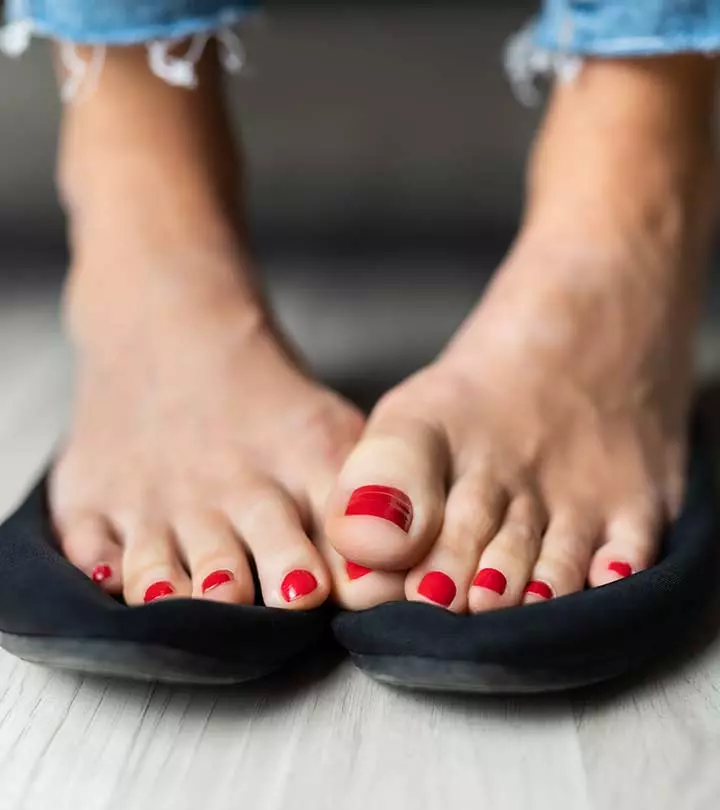
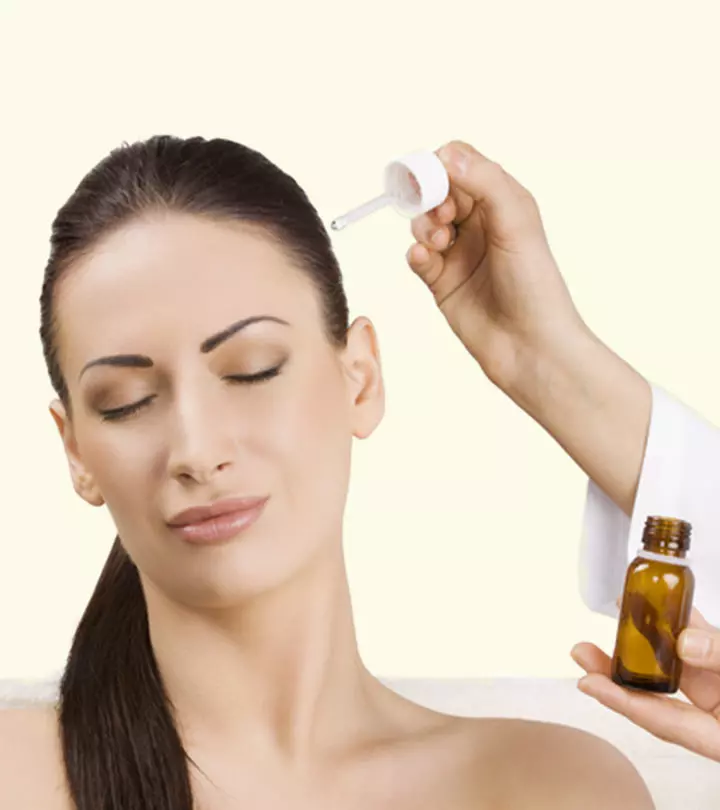
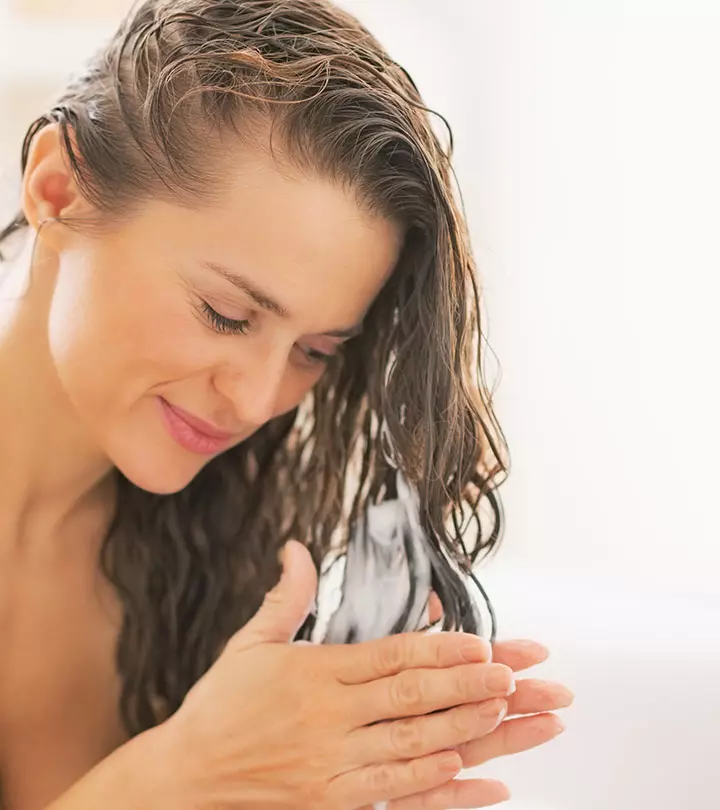
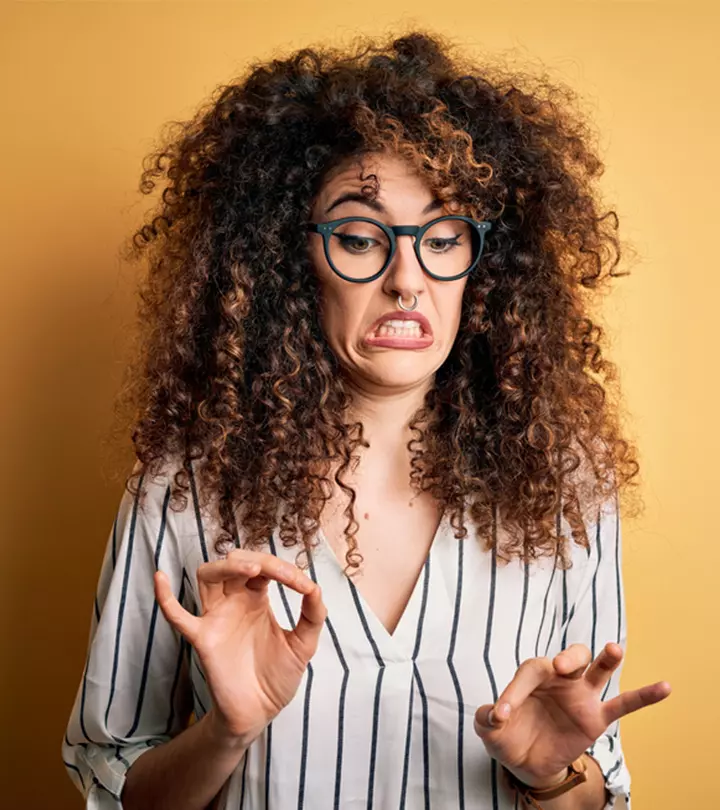
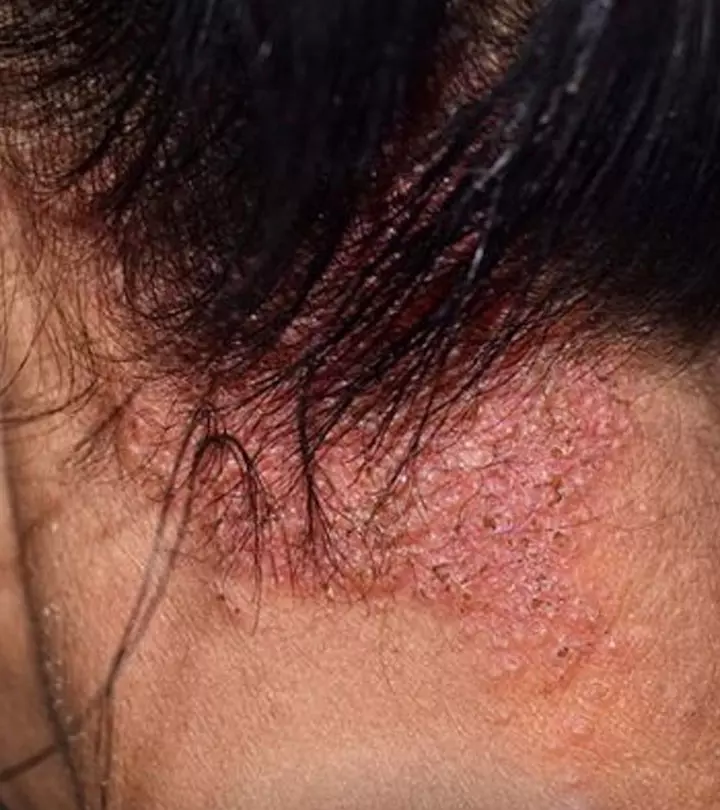
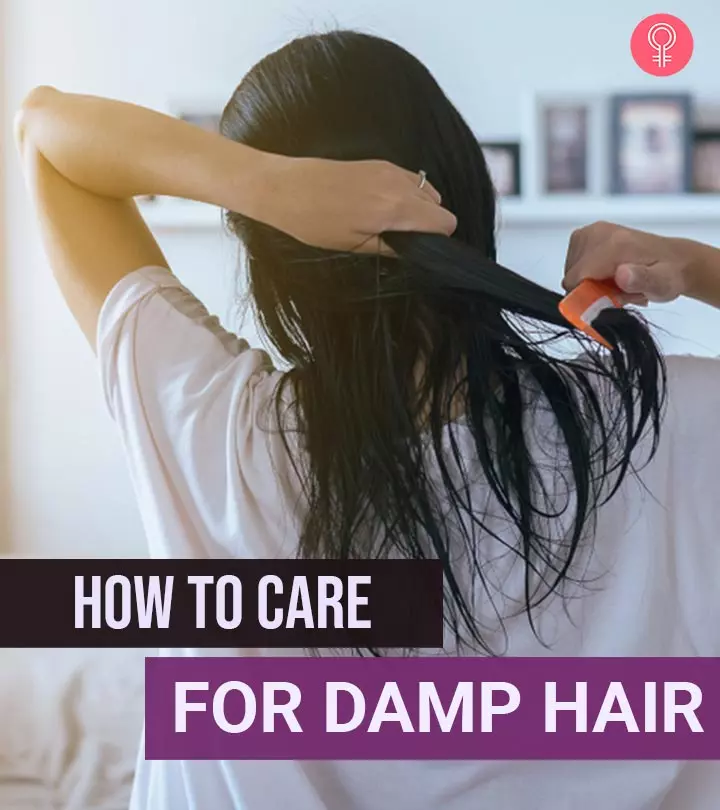
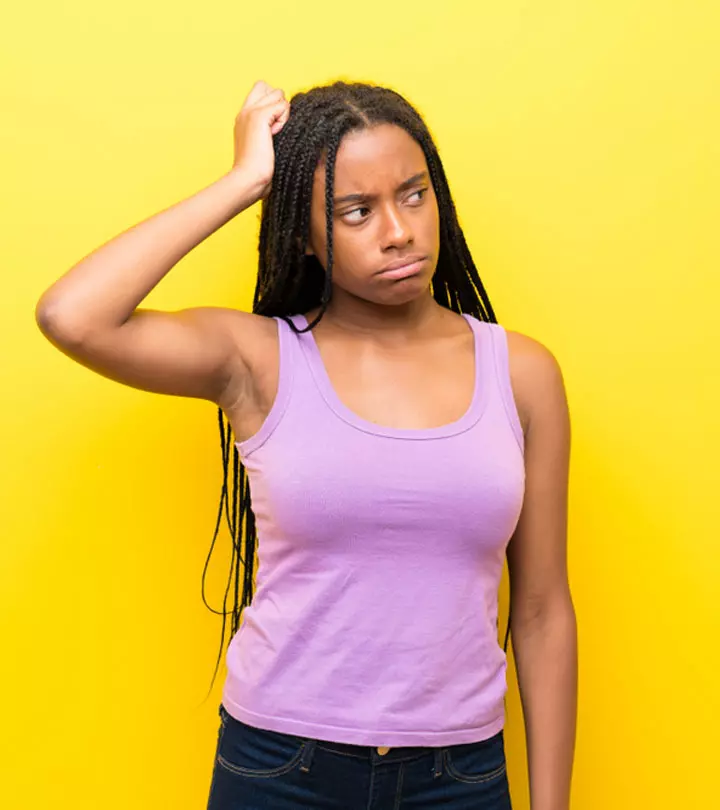


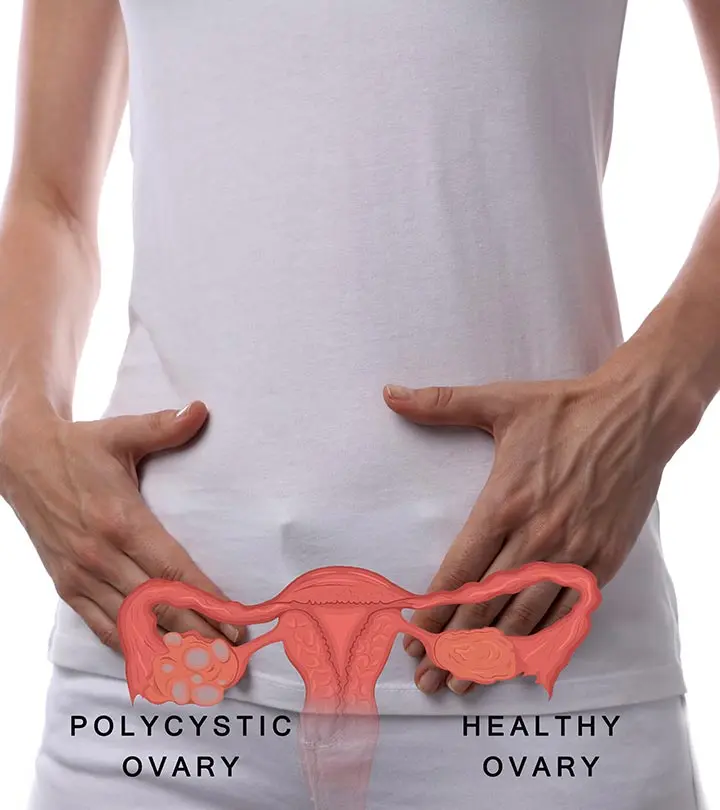
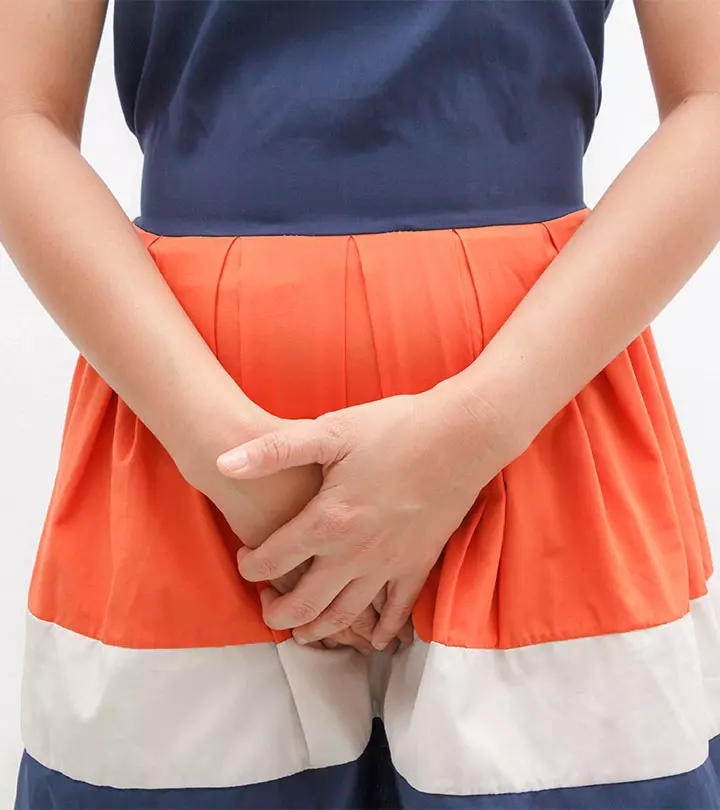
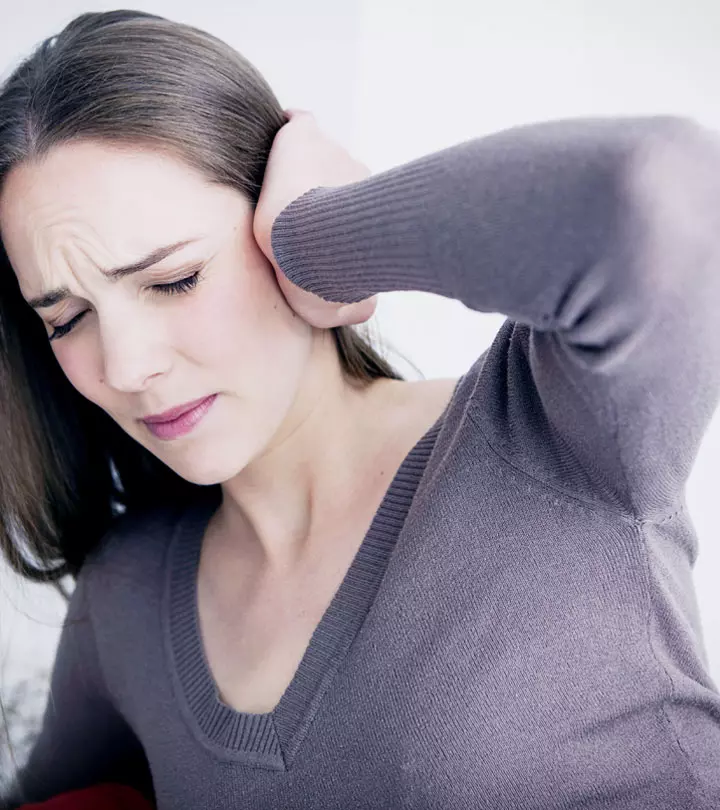
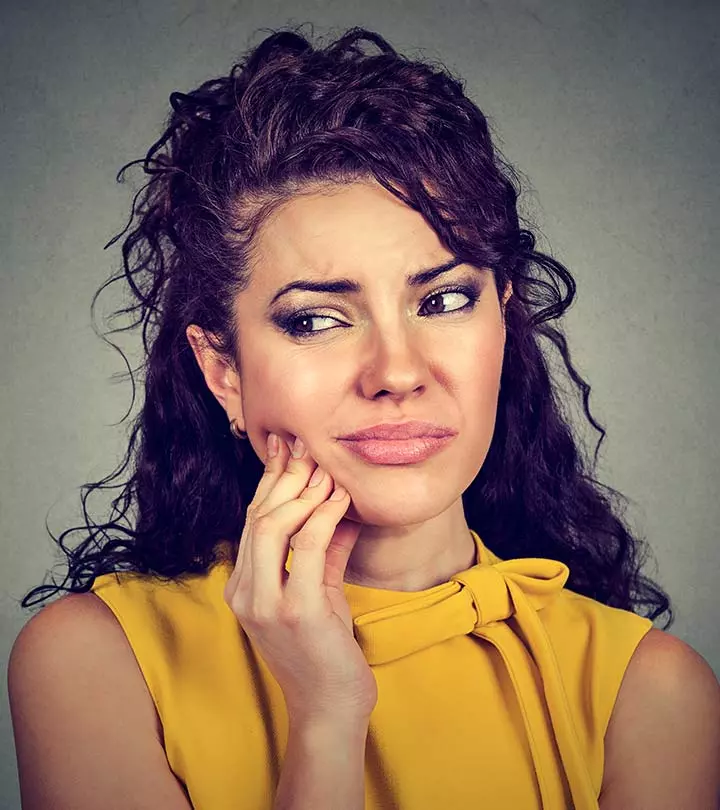
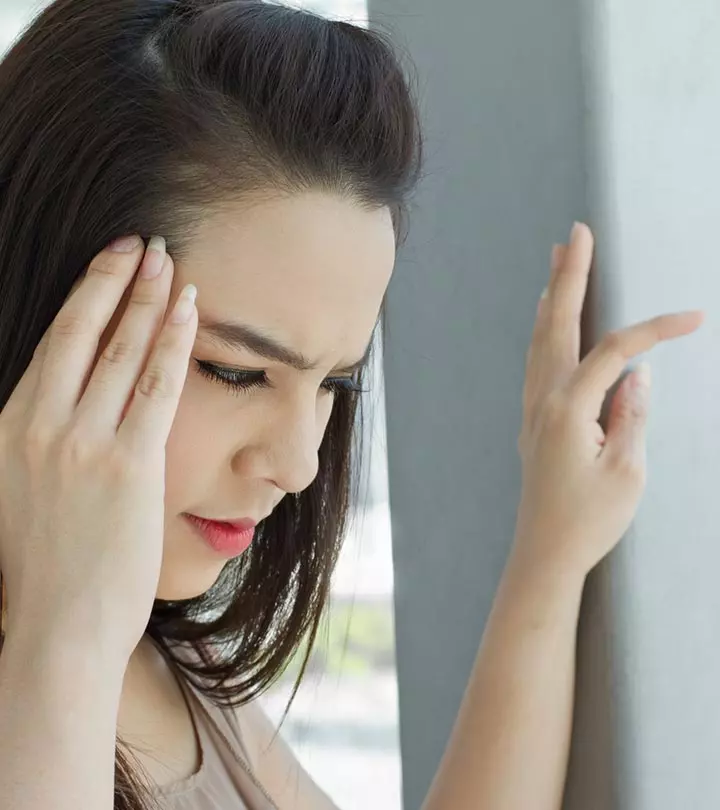
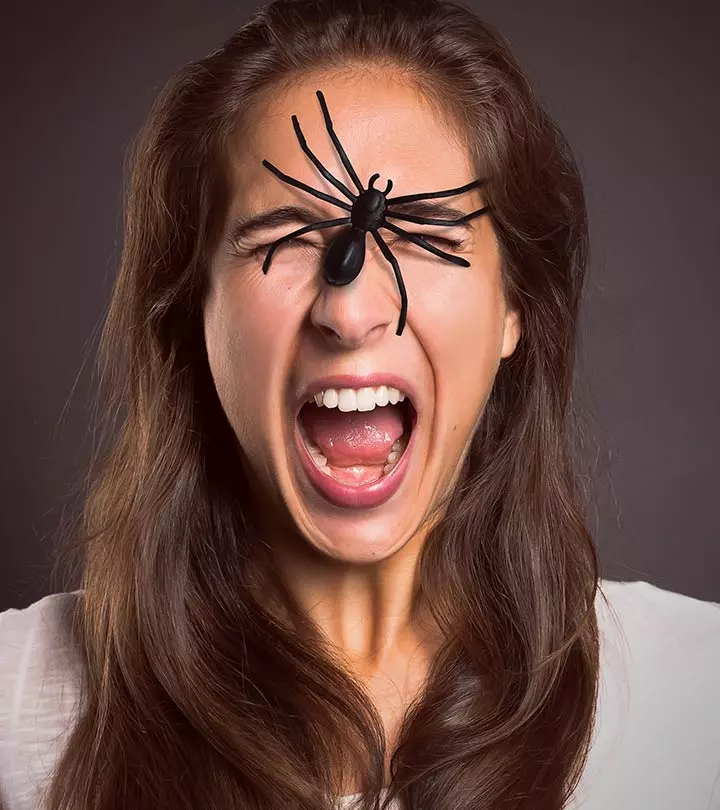
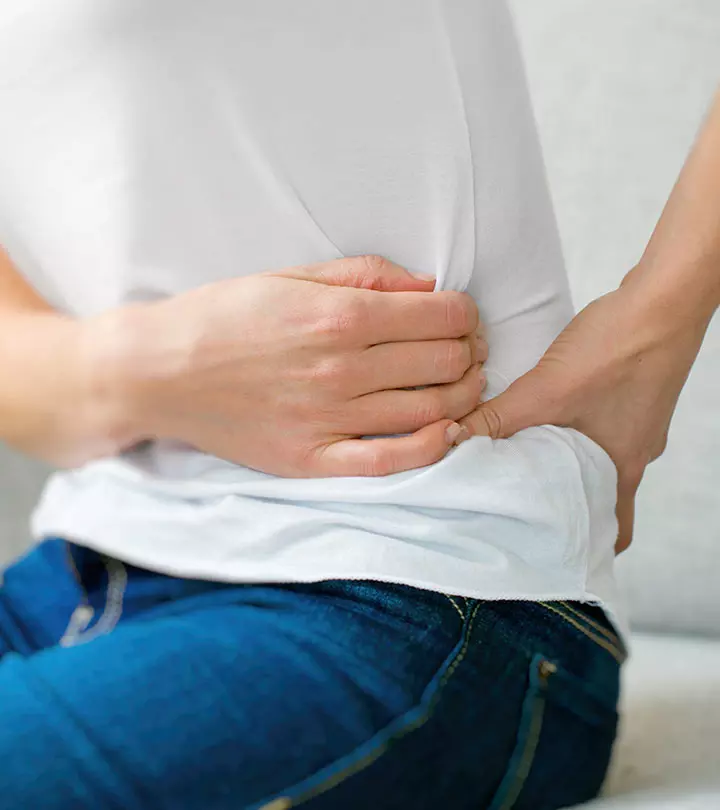
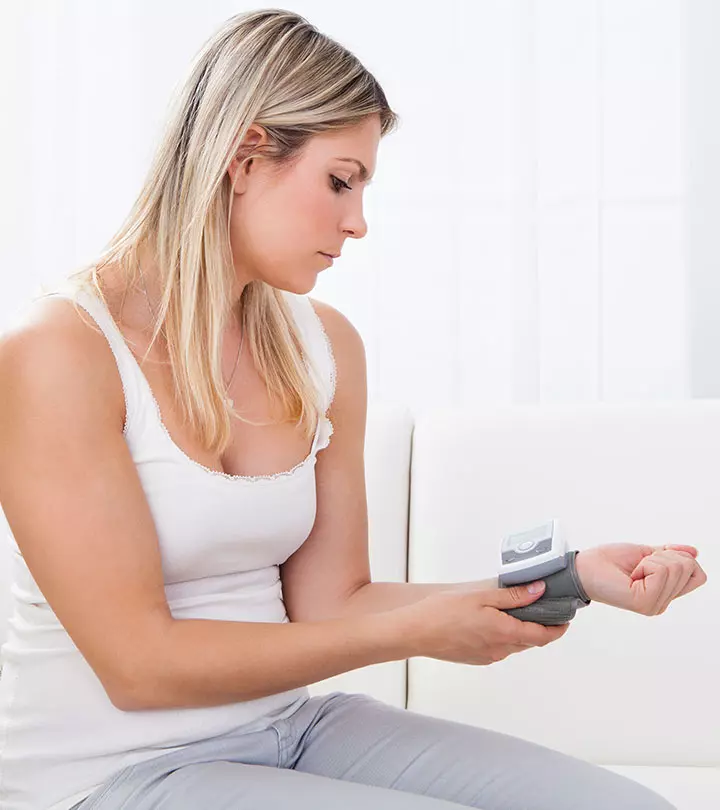
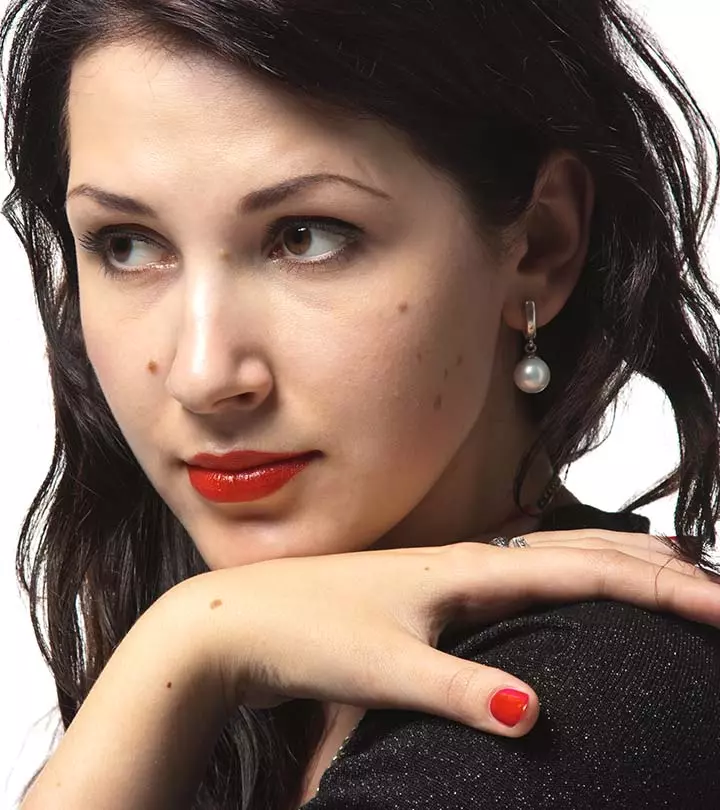
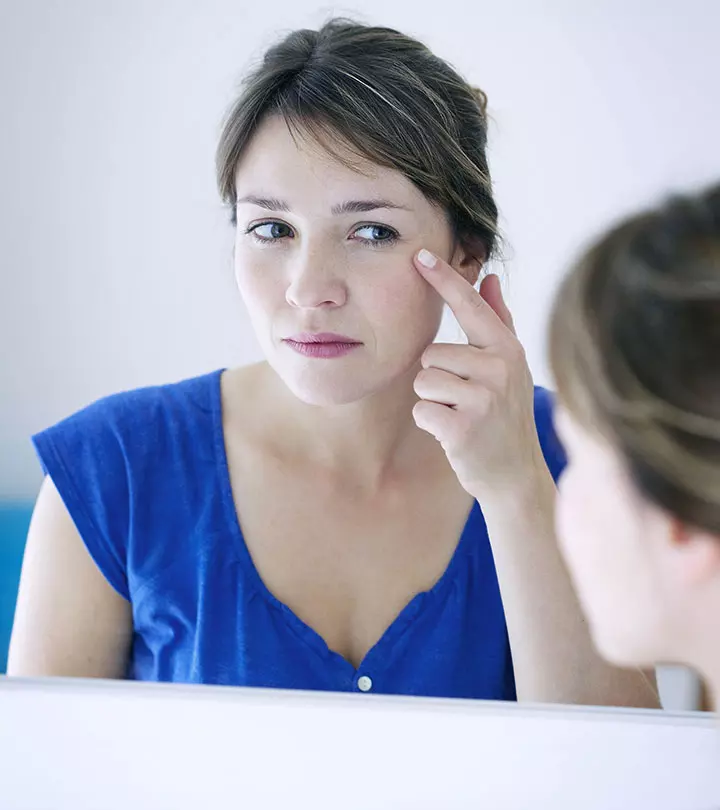

Community Experiences
Join the conversation and become a part of our empowering community! Share your stories, experiences, and insights to connect with other beauty, lifestyle, and health enthusiasts.